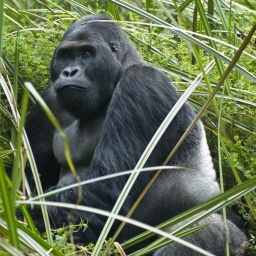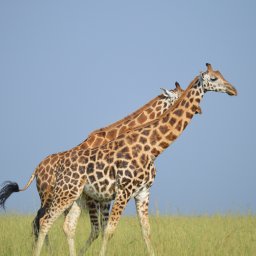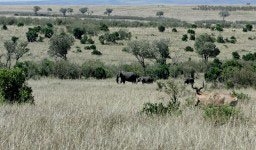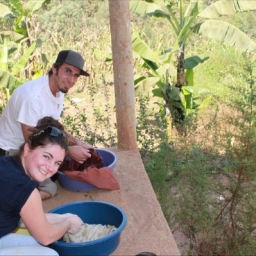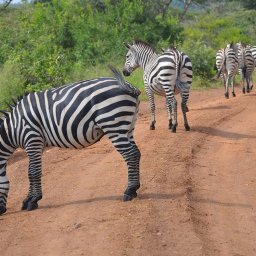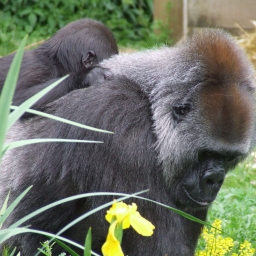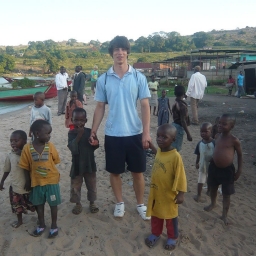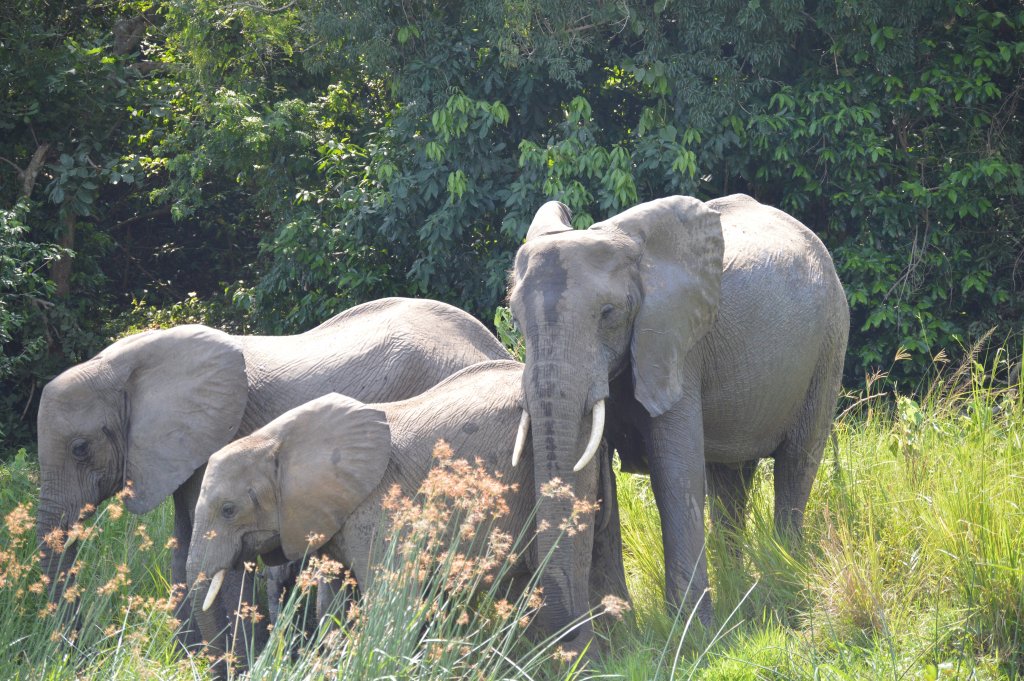
Protecting African Rhinos and Elephants
Protecting African Rhinos and Elephants is our job together, This month I have been really pleased to see some high-profile media coverage of the increasing problem of poaching in Africa, which is devastating some of the continent’s most iconic wildlife. It makes shocking viewing, but showing the world the terrible incidents when elephants and rhinos are killed is great for raising awareness, and the achievements of the law agencies that are successfully intercepting large ivory consignments should be celebrated. However, all too often it seems that that is where the world’s attention stops, and in many cases, the poachers responsible are given little more than a slap on the wrist by some African countries.
It all raises the question, whose job is it to protect these animals from poachers?
I had an interesting conversation with a stranger on a train about this issue recently, and it quickly became clear that his mind was made up. “African countries ought to be doing more to fight these poachers,” he said, arguing that governments should be responsible for what is happening on their own doorstep.
In many ways, I agree with my new friend’s view, but many people don’t appreciate the scale of the effort that goes into conservation projects. In response to conservation schemes, poachers’ operations have become incredibly sophisticated, with training and equipment that many militaries would be proud of, and the whole battle keeps escalating in terms of both cost and commitment for both sides. Yes governments should do more, but poachers will inevitably find new ways too.

When you see poachers caught on the news, it is easy to see them as evil baddies, just like on any other TV show. It is important to recognise though, that these people are not animals – they are human beings, just like you and I. They are doing what they can to make a living, albeit illegally, and because there is demand from elsewhere in the world, they see the short-term dollars they can make rather than the long-term consequences of their actions. beat the system.
The fact is, if poaching was no longer a viable way to make big money if there weren’t middlemen for the poachers to sell tusks and horns onto, and if the demand from overseas was cut out, poachers would very quickly stop investing their time and money and risking their lives chasing this amazing wildlife. Somebody out there must know who these middlemen and end buyers are, and the more we talk about, the less acceptable it will become.
The recent developments of new anti-poaching laws in Kenya are a big step in the right direction in protecting African Rhinos and Elephants- I would like to applaud the UK government for supporting with and supporting the Kenyan Wildlife Authority and hope that other European and Asian countries come on board.
News of the Chinese man who is now facing a fine of around $250,000 and a custodial sentence after being caught smuggling elephant tusks also sends out a message to the world that it won’t be taken lightly.
As an African, when I witness the devastating effect poaching of these iconic animals has it makes me incredibly sad. Clearly the loss of a beautiful creature is terrible. Still, the amount of tourists that these animals bring into countries like Kenya, Uganda and Tanzania means that the impact goes way beyond the wildlife, and actually devastates communities.
I honestly believe that we are all stakeholders and gatekeepers of Africa’s wildlife. Wherever you are reading this in the world, you will no doubt have at least seen elephants, rhinos and lions at least in pictures or on TV, and it might sound dramatic, but if you want your children’s children or their children to have an opportunity to see them, it is our generation’s responsibility to make a stand.
Please, let the Note: I have published this piece on the huffpost blog here world know that poaching and its products are not acceptable, and if you do visit Africa, when you go home, share your stories and show your pictures to as many people as possible. The closer we all feel to these amazing animals, the easier it is for us all to understand the situation and imagine ourselves as custodians of these amazing creatures.

